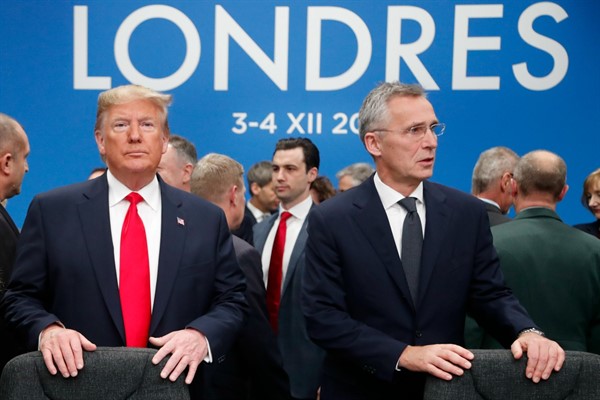President Donald Trump has never been a fan of alliances. He has complained repeatedly in the past that U.S. allies in Europe and East Asia “don’t pay enough for their defense,” and has demanded that Japan and South Korea quadruple the amount of money they pay as a share of the cost of hosting U.S. military bases in their territory. More recently, Trump announced he was pulling 10,000 troops out of Germany, more than a quarter of its military presence in the country.
The political scientist Mira Rapp-Hooper has just published a timely new book, “Shields of the Republic: The Triumph and Peril of America’s Alliances.” In it, she probes the history of the modern U.S. alliance system and asks whether and how alliances further American security interests. Rapp-Hooper joined WPR’s Trend Lines podcast this week to discuss her book and explain why she believes that America’s alliances have proven their value—but also why they need to be updated for 21st century threats.
Listen to the full conversation here:

